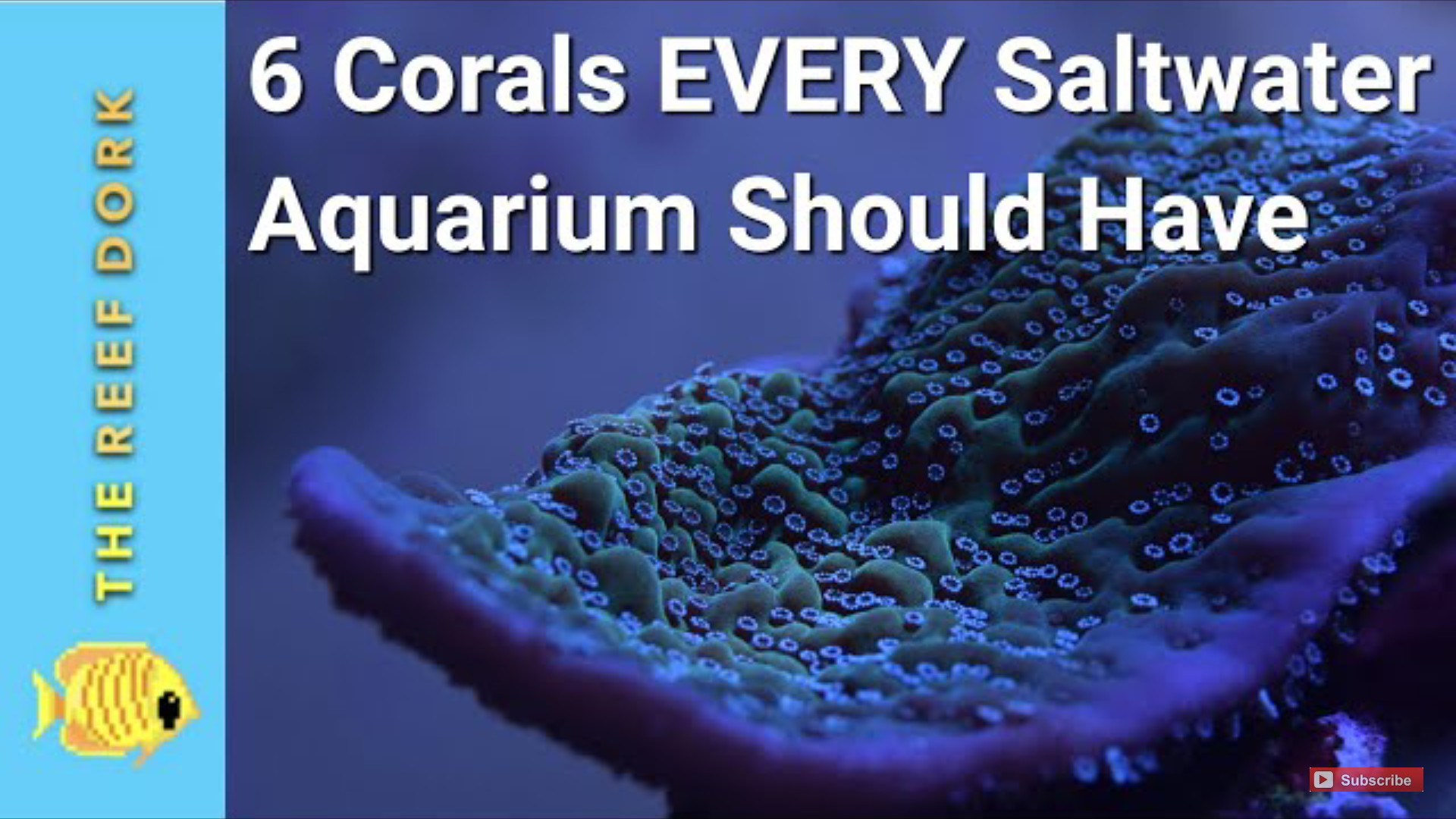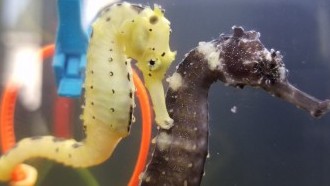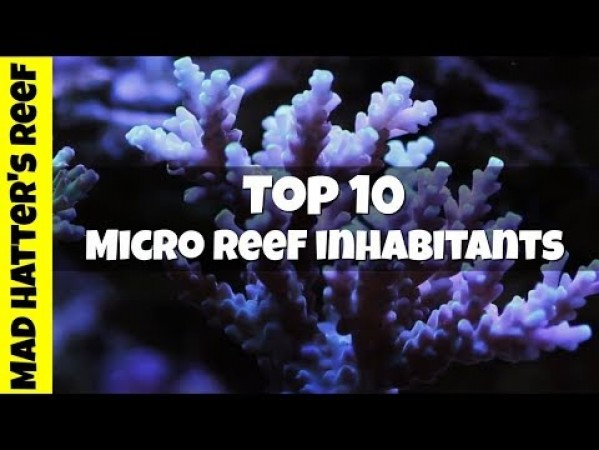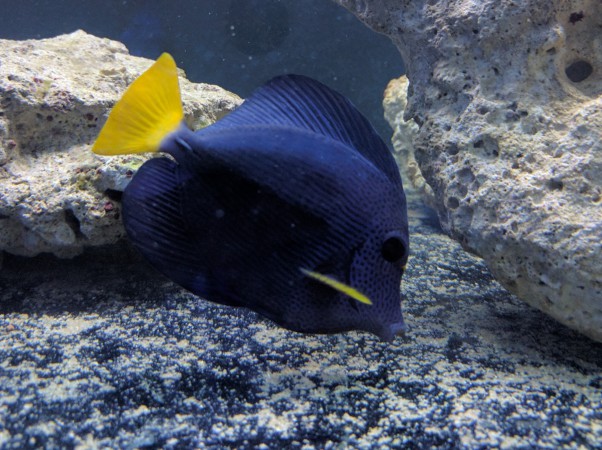- Name:
Iron Man Acan
(View AKA's) - Family: Mussidae
- Species: Acanthastrea
- Scientific Name: Acanthastrea lordhowensis
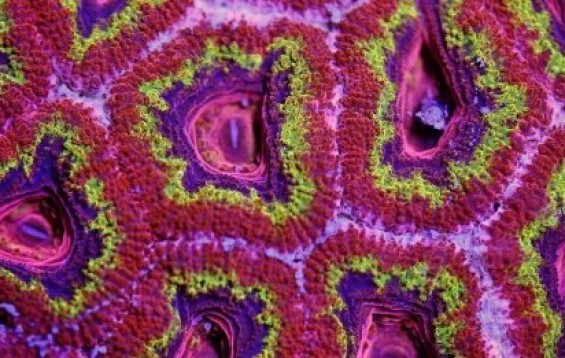

General info about Iron Man Acan
Naturally, Iron Man Acan's are massive types of reef-building corals. They have compressed corallites with an uneven height and acute walls with thick septa and large teeth. They don't develop columns, instead, they have a fleshy mantle that is covered by fine papillae. Their color ranges from red, purple to green and you have to take note that their corallite walls are contrasting in color.
Hobbyist usually are not offered huge colonies like the ones you see in the wild. Most of them are tank-reared and provided in one or two head colonies. They are easy to care for and handle making them the perfect choice for beginners.
You also have to look out for other factors and must stay within the range:
- Calcium: 400 - 450 ppm
- Alkalinity: 3.2 - 4.8 MEQ/L
- Phosphates: 0
- Magnesium: 1200 - 1350
- Strontium: 8 - 10
- Temperature: 76° - 83° F (24° - 28° C)
- Salinity / Specific Gravity: 1.023 - 1.025
Iron Man Acan Diet & Nutrition
In the wild, Iron Man Acan has developed a symbiotic feeding relationship with marine algae called zooxanthellae. But in captivity, you have to feed them with nanoplankton or dissolved organics.
Fragging / Propagating Iron Man Acan
A mature tank is highly recommended in propagating Iron Man Acan. Fish are recommended as fish excretes nitrogen that can sustain the coral's growth.
Flow / Lighting Requirements for Iron Man Acan
Iron Man Acan does not need a high flow rate and intense light. Giving them moderate lighting allows the Iron Man Acan to spread their polyps thereby allowing them to feed. Too much light will cause the polyps to be retracted.
Iron Man Acan Origin
East Africa, Malaysia, north to south from Japan to New South Wales in Australia.
Caution Should be Taken with Iron Man Acan
Except for their own kind, Iron Man Acan are aggressive towards other species. During the night, they extend their tentacles and sting nearby corals. It is recommended to observe proper spacing between Iron Man Acans and other coral species. Further, they have the tendency to be overpowered with soft corals and will die especially if soft corals outnumber the Iron Man Acans.
How to Acclimate Iron Man Acan
Iron Man Acan are purely marine. So, therefore, salinity must be maintained thoroughly at 1.023 to 1.025 specific gravity.
Stinging Tentacles on Iron Man Acan
During the night, they extend their tentacles and sting nearby corals.
Original Detail
| Name | Species | Family | Scientific Name | More Detail | Added by |
|---|---|---|---|---|---|
| Iron Man Acan | Acanthastrea | Mussidae | Acanthastrea lordhowensis | Naturally, Iron Man Acan's are massive types of reef-building corals. They have compressed corallites with an uneven height and acute walls with thick septa and large teeth. They don't develop columns, instead, they have a fleshy mantle that is covered by fine papillae. Their color ranges from red, purple to green and you have to take note that their corallite walls are contrasting in color. Hobbyist usually are not offered huge colonies like the ones you see in the wild. Most of them are tank-reared and provided in one or two head colonies. They are easy to care for and handle making them the perfect choice for beginners. You also have to look out for other factors and must stay within the range:
|
PalaciosAn |
Changed by users
| Submitted Date | Submitted By | Status | Action |
|---|


